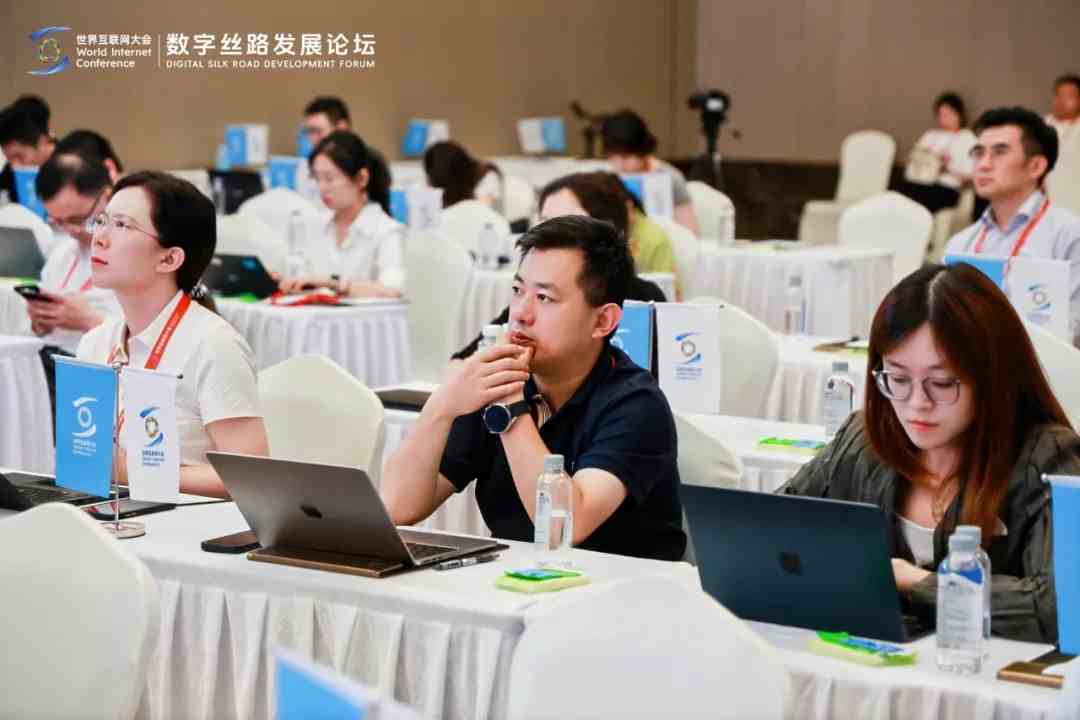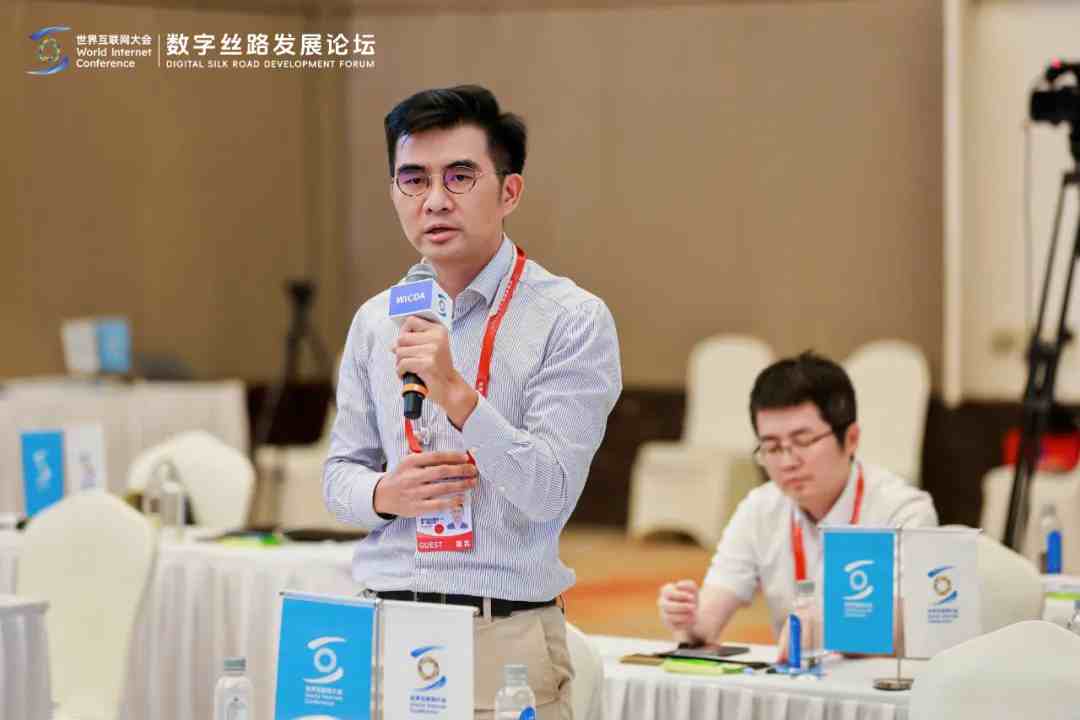WIC hosts training on digital economy for member enterprises


During the 2025 World Internet Conference Digital Silk Road Development Forum, the World Internet Conference Digital Academy, in collaboration with the Data and Technical Support Center of the Cyberspace Administration of China, successfully organized and held two advanced training sessions on digital economy innovation and development.
On July 24, WIC member units and Quanzhou's representative enterprises were invited to attend a dedicated session on issues concerning enterprises, and personal privacy protection.
As a key initiative to enhance the capacity-building services for its members, the World Internet Conference launched this training program, which was carefully designed to address the urgent and common needs voiced by enterprises in multiple member symposiums and research visits. Authoritative experts from the Data and Technical Support Center of the Cyberspace Administration of China and China Electronics Standardization Institute delivered lectures on-site. They provided participants with the latest policy interpretations, analysis of international rules, and practical case guidance, helping enterprises tackle challenges such as the refinement of cross-border data flow regulations and the strengthening of compliance responsibility systems.
At the opening ceremony of the training, Liang Hao, the executive deputy secretary-general of the WIC and executive vice dean of the WICDA said amidst the vigorous global development of the digital economy, policy environments both domestically and internationally are undergoing profound changes, raising a series of requirements on enterprises in areas such as compliance management, security technology, risk assessment, and cross-border collaboration. The official expressed hope that participants would gain valuable knowledge through the training, apply what they have learned—to "come with questions and leave with solutions. "The official also hoped that enterprise representatives, embracing the responsibility of industry leaders, would translate their learning into concrete actions and elevate best practices into industry standards, thereby promoting substantial industry development in the era of the digital economy.
A senior official from the Data and Technical Support Center of the Cyberspace Administration of China said that the Communist Party of China Central Committee attaches great importance to data security. In recent years, China has enacted laws, issued departmental rules, and launched a series of enforcement actions against illegal data practices to safeguard national data security and citizens' legitimate rights. Data compliance has become a "compulsory course" for enterprises—essential for lawful operations, key to enhancing competitiveness, and a core aspect of international soft power. The official expressed the hope that the training session would serve as a platform for industry-enterprise dialogue, setting the stage for innovation while balancing data development and security.

Many participants expressed that the training was not only highly forward-looking, instructive, and practical but also offered new strategic perspectives and actionable insights for enterprise development. In addition, it contributed wisdom and experience to advancing global data governance.
Moving forward, the World Internet Conference Digital Academy will closely monitor the development trends of member enterprises. It will continue to organize specialized training activities centered on policy frontiers and enterprise concerns, offering precise and practical guidance to help enterprises navigate the wave of the digital economy steadily and achieve sustainable growth.




































